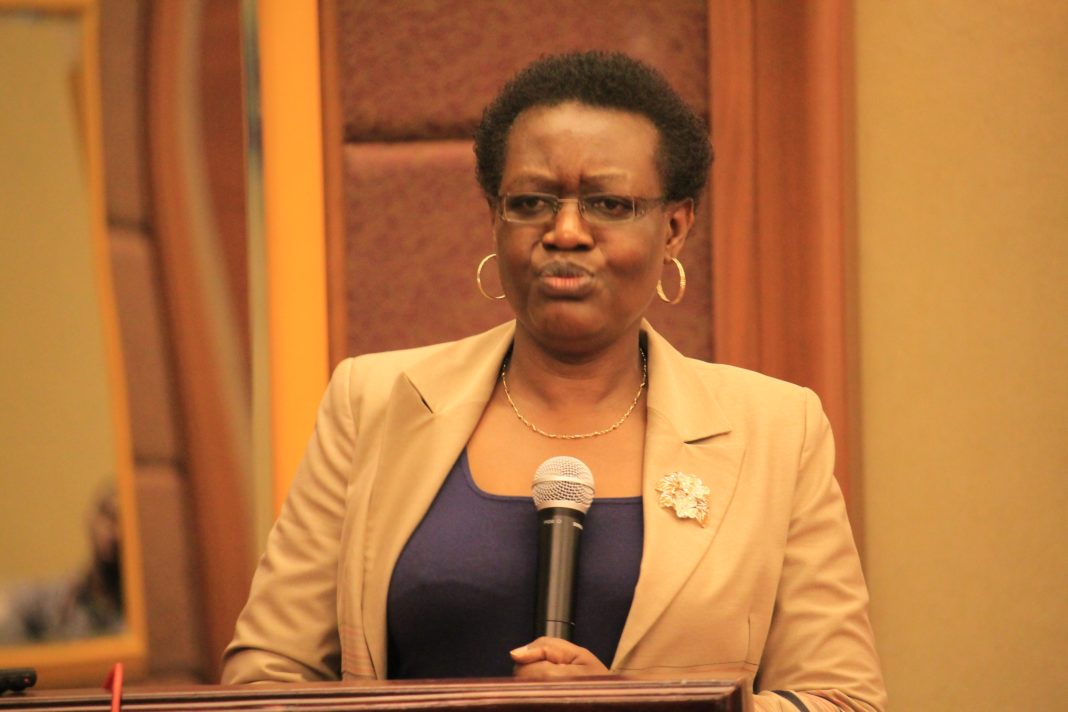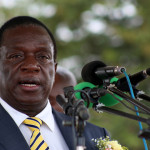The Inspector General of Government (IGG), Justice Irene Mulyagonja has said that the allegations of corruption within the inspectorate are real since the institution operates in the corruption bleeding environment and as such her institution cannot escape such perceptions.
Recently, whistleblowers petitioned Nakalema, over corruption, impunity and maladministration in the inspectorate that is mandated to fight corruption in public offices. They said some officers at the inspectorate of government were receiving bribery of up to Shs350 million from people whose cases are not registered with the institution.
They accused the Secretary to the Inspectorate Rose N. Nakafeero and other members of the board and the management team for handpicking and interviewing people and that are yet to issue new appointments to new inspectorate officers without following the normal recruitment procedures set by the Internal Human Resource Policy of 2017 or the Public Service Standing Orders 2010.
Speaking at Hotel Africana on Wednesday, justice Mulyagonja urged whistleblowers to report such cases of corruption to the inspectorate, saying corruption minimized within the intuitions. She said her office cannot fail to investigate its officers when complaints have been lodge. She vowed to investigate the allegations and prosecute any official implicated in the vice of soliciting bribes from complainants.
“Corruption affects the fairness and independence of institutions mandated to enforce law and order leading to loss of confidence in these sectors. Corruption is built within intuitions, if we can remove or expose them, corruption will go.” She said.
She said corruption starts in some institutions starts with administrators who handle money issues. In the judiciary, she said, it starts in the registry. “In hospitals, it is the same story so we need to get this done by getting the drivers of the vice out of offices and prosecute,” she said.
She said government has significantly introduced legal frame work, policies against corruption. These, she said, include; the office of the DPP, police, Constitution, IGG, Ant-Corruption Act, National Audit Act, Leadership Code Act among others. “They are supposed to fight corruption, audit, approve accountability but Ugandans ask why corruption continue to exist in Uganda,” she said.
“We would love to fight this vice however we lack coordination. We as institutions in the fight against the corrupt need to be well coordinated. People don’t have confidence in most of the institutions because of the perception of corruption within them,” she said, urging people to report cases of vice to her office.






